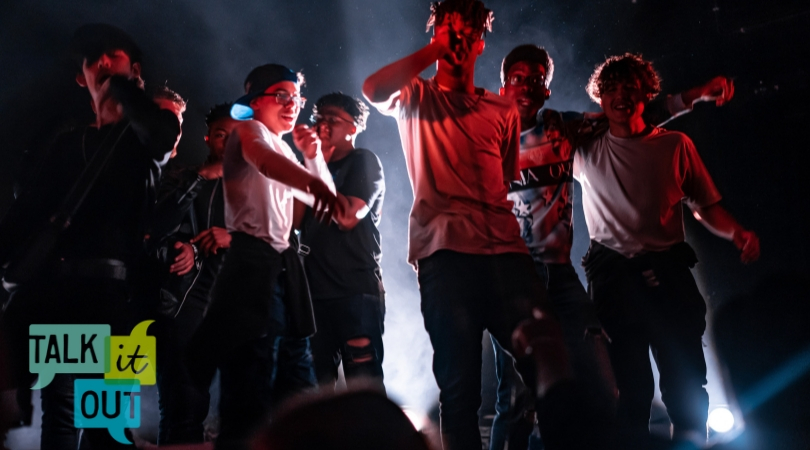Consequences of Alcohol in the Adolescent Brain

Most of us remember how exciting everything felt when we were young. Adolescents love to experiment, try new ideas and seek out new ways of doing things. In a healthy environment, these are great ways to learn, grow and develop. But when young people add alcohol to their natural drive for adventure, the results can be catastrophic, especially on their developing brains.
Kurtis Taylor, Executive Director of the Alcohol Drug Council of North Carolina, says teenagers are more susceptible than adults to the negative effects of alcohol because their brains are not fully developed. This can lead them to make poor decisions and do things they wouldn’t normally do. Underage drinking also makes it difficult to learn and excel in school.
“Kids who dream of a promising career suddenly don’t have a diploma,” says Taylor. “I’m not saying this as a scare tactic; I’m just stating a fact. These are very likely and clear consequences of underage drinking.”
Short-Term Decisions with Long-Term Consequences
Did you know that the human brain isn’t fully developed until about age 25? Because the brain is continuing to develop, the teenage years are crucial to how the brain grows. Introducing alcohol to a growing brain can lead to devastating consequences down the line.
- The average age that most young people try alcohol is when they’re 14-years-old.
- Binge drinking during adolescence can cause serious changes in both brain development and function.
- These changes can lead to a higher risk of alcohol-use problems later in life.
- Teens that use alcohol face a higher risk of mental health issues, including depression and suicide.
Short-Term Trouble
Most people know that alcohol acts as a depressant on the central nervous system. However, it has drastically different effects on the brain depending on the brain’s stage of development. Adolescents don’t feel the sedating effects of drinking the same way adults do. That’s why teens are prone to binge drink without being aware of the mental, physical and social consequences of overindulging.
Adolescents are also likely to feel decreased social anxiety more than adults after a few drinks. This can quickly lead to bad decision-making. They’re more likely than adults to suffer blackouts, unwanted sexual activity, loss of coordination or get behind the wheel of a car while intoxicated. Excessive alcohol use also contributes to slurred speech, extreme mood shifts, memory lapses, vision impairment and slowed breathing.
Long-Term Disaster
Binge drinking in adolescence can also cause a host of mental problems in the future.
- In some cases, alcohol can inhibit the formation of new brain cells in the hippocampus, which controls memory and learning.
- Underage drinking can help trigger an increase in the brain activity that contributes to inflammation.
- Regularly consuming alcohol has been linked to anxiety disorders, antisocial behavior and low self-esteem.
Another long-term risk of underage drinking is the potential to wire the adolescent brain for future alcohol use disorder. The chances of developing alcohol use disorder when they are older are dramatically higher for someone who started drinking before the age of 15 than for someone who waited until age 21 or older.
“If you start drinking underage, then you’re more likely to develop a substance use disorder,” says Taylor. “Alcohol can take a life of promise, a life destined for prosperity, and turn it into a life of trauma and disappointment.”
Learn more about the serious affects that underage drinking can have on the adolescent brain. What seems like a bad idea at a young age can have serious repercussions down the road. Take the pledge to prevent underage drinking today.



